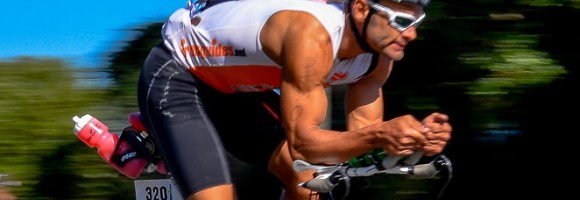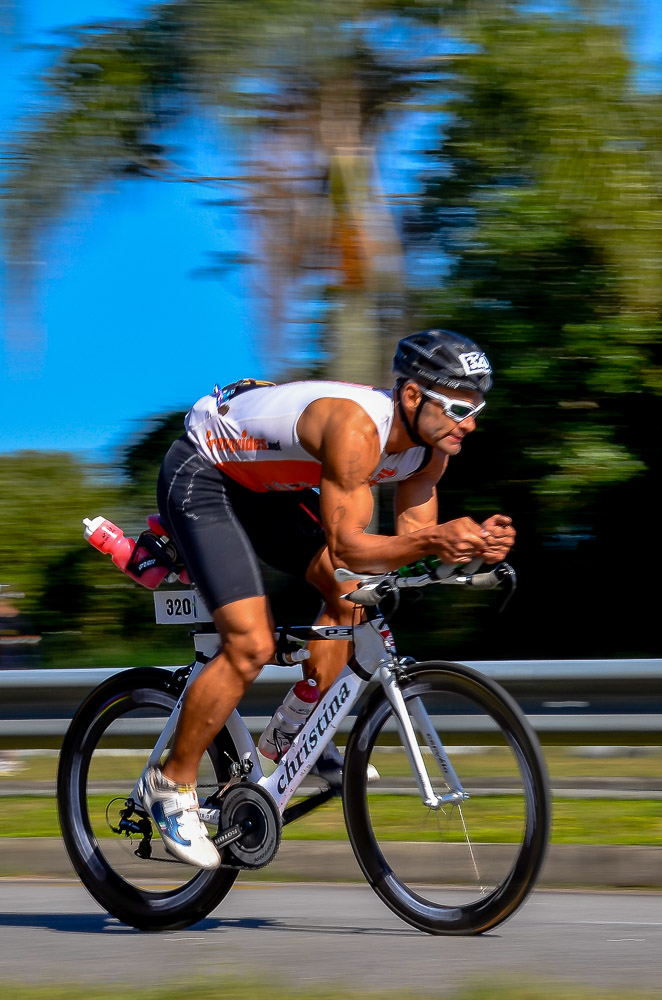We seem to have a non stop stream of articles in the triathlon media regarding weight loss and getting down to race weight, how to plan your year to be lean and light for race day. Having worked with athletes of all levels from beginner to ironman winning pro athletes i have to ask the question is lightest and leanest always the best solution for race day?
Performance is the goal of coaching and body weight is a huge factor in performance, but when we look at long distance triathlon and typically ironman then i really do not think lightest is best.
Lets look at the individual sports to see how this works, there is no question that to run a stand alone fast marathon the top athletes are ultra lean and light but when we take runners and introduce them to triathlon we tend to see very poor swim and bike performance and then the run performance is nothing like we would expect.
If we then look at swimmers we see long distance swimmers are strong and powerful and hold a little more body fat than runners, if we then look at long distance open water swimmers this becomes even more apparent. History has shown us that swimmers move to triathlon well and are powerful on the bike while struggle a little on the run as they move to the sport.
If we then look at cycling and in particular the top time trial athletes we see the bigger stronger riders are dominant, Fabian Cancellera being a prime example of this. In Ironman there is no question the race tends to be dominated by strong cyclists, not only does this strength lead to great cycling times but also a strong athlete will have more in reserve to use on the run!
Over the years we have seen time and time again in ironman that the big strong looking cyclist who should not be able to run i our eyes have great runs and the skinny smaller athletes who should be flying on the run suffer and run slower than expected.
While there will always be exceptions to the rule for longer distance races having a little more muscle and weight is going to lead to better results and in my opinion better overall health which is something we should always look at. While the extra weight may have an impact on run performance the benefits to the swim and bike will far outweigh this impact.
Within endurance sports i think we have a culture of restricting calories and always tend to be a little underfed versus overfed and to gain muscle this is the hardest obstacle we have to overcome. In order to gain muscle our bodies need to be in a constantly fed state. This is not going to make us fat so long as we are training appropriately, so how to do we train for gaining muscle?
Gaining muscle is really all about 2 main factors, hormone stimulation and feeding. We need to switch the correct hormones on for growth and then we need to feed the muscles in order for this growth to occur.
As endurance athletes we have a major stumbling block in place that prevents this occurring and that is cardio exercise. Cardiovascular exercise breaks down muscle and prevents this growth taking place, in particular running has the biggest effect on this. So if weight gain is the goal for improved performance then the best time to start this process is the winter when large run volume is not of prime importance. Taking a period of time off from running or with significantly reduced run volume will enhance your ability to gain muscle mass. Once that muscle mass has been added it will be possible to maintain once the run volume increases later in the season.
How to switch the hormones on,
Strength training is how we switch the hormones on for optimal muscle mass development, we can do this to some extent with sport specific strength training such as low cadence high resistance work on the bike or swimming with paddles for increased resistance on the pull but some weight training added into your program will speed up this process. With the goal of gaining mass we need to be lifting heavy but not near our 1 rep max level, more in the 70-80% range and looking to perform 3-5 sets of 8-10 repetitions on each of the following exercises.
- Deadlifts
- Squats
- Bench Press
- Pull Ups
These exercises are the big bang exercises in weight lifting and deliver the biggest gains. When i say we want to switch growth hormones on we need to stimulate the central nervous system for this to occur and the instability element of these exercises and the fact they work a large range of muscles in each movement lead to this result.
These exercises especially the squats and deadlift need to be performed with good technique and i would recommend you consult a professional coach for advice and guidance when you get started into any weight lifting exercise.
In order to get the results we want from this program the lifting would need to be added to your program 2-3 times per week and the time commitment should not be much with each session taking approximately 20-30 minutes, important to remember at this time of year the sessions are in place of regular triathlon sessions not alongside. These sessions also need to be scheduled in your week away from the longer endurance sessions, no point in doing these directly before a long run for example so make sure you work with your coach when planing strength into your week, better the next after a long season so you have the positive hormones flowing for longer!
So now we have the hormones switched on its time to eat, assuming all is good with your diet then you need to add approximately 500 calories to your daily nutrition to start seeing some gains. We all hear of body builders eating tons of protein for weight gain and while protein is important carbohydrates are also very important and without them you are going to feel drained in your regular triathlon training. Make sure post training you are consuming a large meal that has a good balance of both carbohydrates and protein, if you are time crunched then a recovery drink containing both protein and carbohydrates is a good alternative until you can eat. Always aim to get this first nutrition in within 30minutes of the session – you can even start drinking this if you decide to go with this option during your session.
We always hear the saying do the same thing expect the same results yet as triathletes we are so set in our ways and the only way we think about to get faster is to train harder and push ourselves more each year with more intensity or volume. Instead make this radical change, reduce your regular triathlon training for a period or time to focus on gaining muscle, the time benefits you experience will outweigh any gain you can make from simply pushing harder in your triathlon specific training and you might find this new focus improves general health and boosts your motivation for the season ahead.



Recent Comments